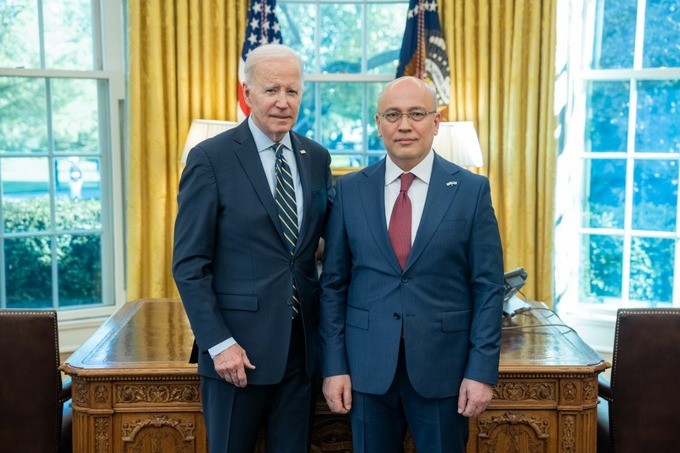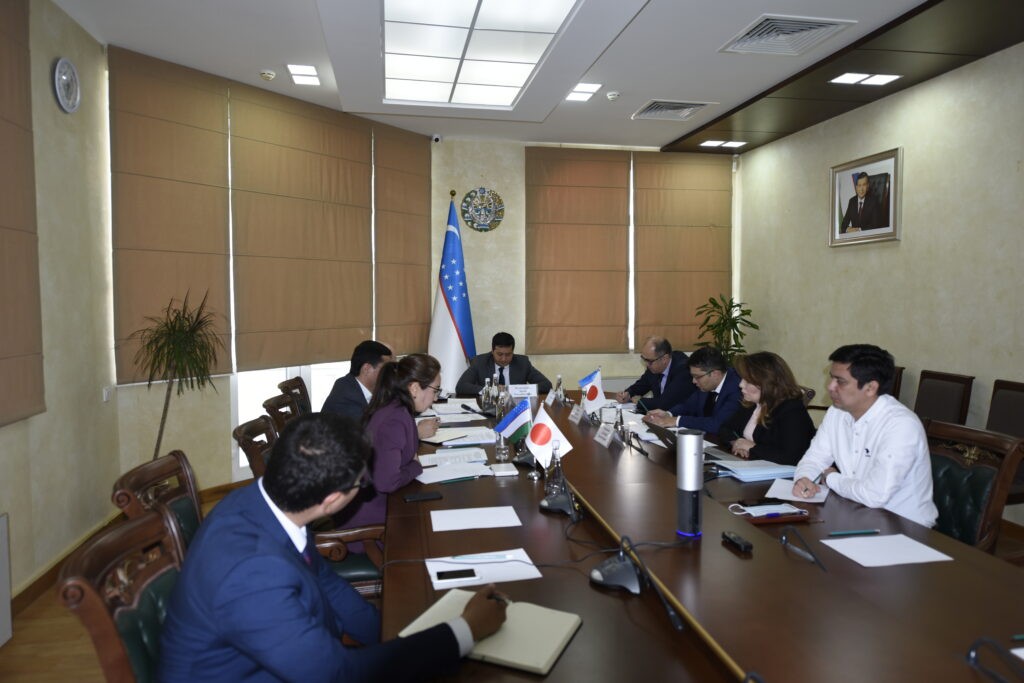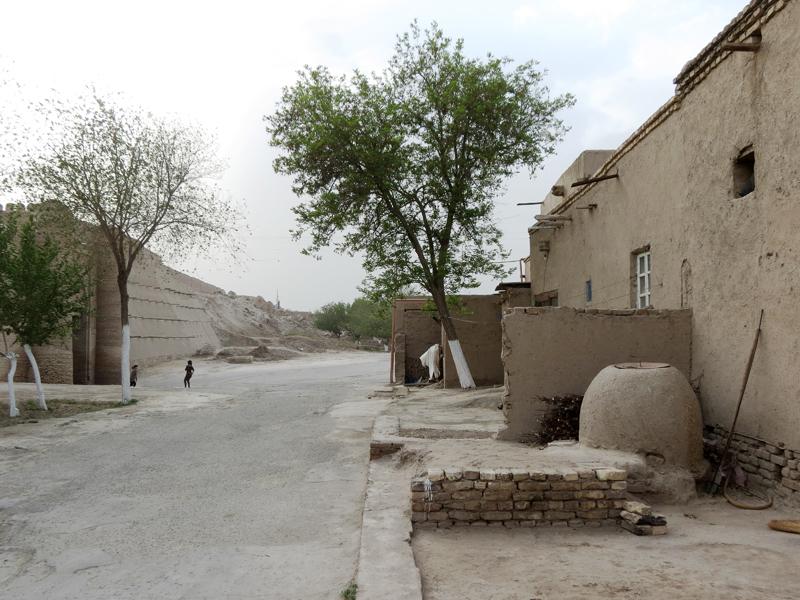Uzbekistan Working on Economic Reforms, Wants U.S. to Get More Involved
Uzbekistan’s ambassador to the United States says the relationship between the two countries is on a roll. “It’s a very promising time,” Ambassador Furqat Sidiqov said in Washington this week, adding that the two nations have a high level of “effective, open dialogue” as Uzbekistan seeks American investment and U.S. support for economic reforms and in other areas. Even difficult topics such as child labor and concerns about religious freedom in Uzbekistan are on the table, he said. American businesses stand to benefit from Uzbekistan’s push into information technology and other industries, Sidiqov said on Wednesday at a meeting of the Caspian Policy Center, a research center based in Washington. More than 100,000 Uzbeks are engaged in IT services; with most industry exports already go to the United States, a technology campus affiliated with Arizona State University will open this year in the Central Asian country, according to Sidiqov. The ambassador acknowledged that Uzbekistan faces challenges such as water scarcity, and that the country’s leaders hope U.S. and international institutions can help implement “smart technologies” that save water. Only 20% of Uzbekistan’s water comes from within the country – the rest coming from neighboring states - and the vast majority of water is used in agriculture, often inefficiently, according to the press office of President Shavkat Mirziyoyev. Uzbekistan is privatizing most of its banking industry, there are plans to relax the tax burden on foreign investors, and an anti-corruption push is underway. “Our main strategy is to minimize the role of the government in business,” said Sidiqov, a former deputy foreign minister who became ambassador to the U.S. last year. Sidiqov worked as a lower-ranking diplomat in the Washington embassy on two previous tours lasting a decade. Uzbekistan’s state-owned banks have made progress toward “more commercially-driven business models” since the unveiling of a banking reform plan in 2020, according to Fitch Ratings, the credit ratings agency. But “further improvements may take longer due to the sector’s deep-seated structural weaknesses and new risks,” the agency said in March. A U.S. congressional delegation recently returned from a trip that include a visit to Uzbekistan. The delegation, which included Adam Smith, the top Democrat on the House Armed Services Committee, met Mirziyoyev and his foreign and defense ministers. The Uzbek ambassador said a key development in ties between Central Asia and the United States came last year when U.S. President Joe Biden met leaders from the region in New York. The summit, dubbed “C5+1,” included the presidents of Kazakhstan Kyrgyzstan, Uzbekistan, Tajikistan and Turkmenistan. They discussed security, economic development, climate change and efforts to promote peace. “For the first time in our history, the United States is seeing us as a region. Before, we were part of American policy toward Afghanistan, something like that,” said Sidiqov, adding that Central Asia would welcome a Biden visit. “We will be more than happy to organize that,” he said.






